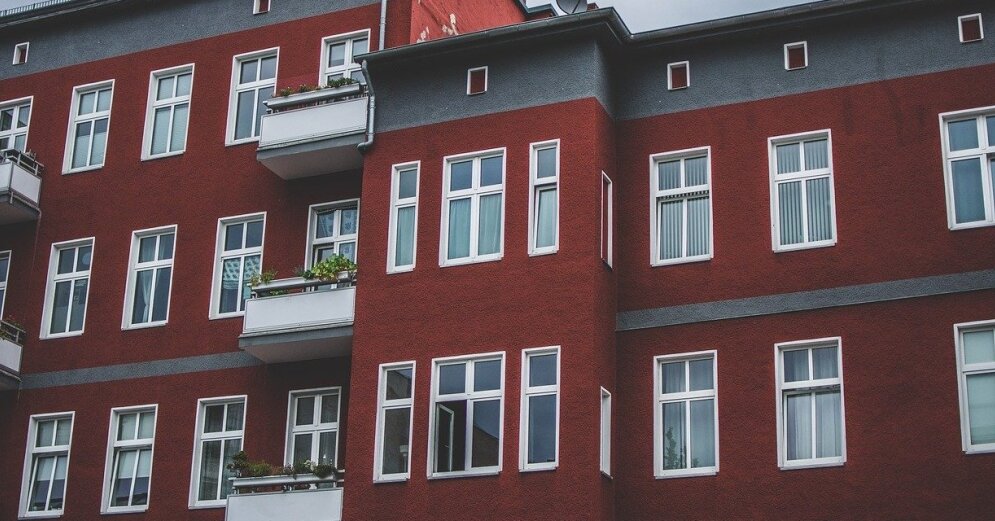Despite the negative impact of the pandemic on European economies, often forcing the Covid-19 crisis to compare with the 2008 financial crisis, property prices in the region continue to rise, according to Reuters.
–
–
Content will continue after the ad
Advertising
–
With the growing importance of telework, the demand for additional space for housing has contributed to rising prices, and various emergency monetary stimulus measures implemented by central banks to support the economy have poured their share into the oil fire, experts say.
“What we initially expected – similar to 2008 – is for prices to fall,” says Kate Evereta-Alan, a spokeswoman for international property consulting firm Knight Frank, adding that “there was no idea that governments would support the market to such an extent. “.
According to a study by the Global Property Guide, property prices in Berlin rose by an average of 11% last year, and rising rents are a significant problem, with only about 17.4% of the population owning a house or apartment. In Germany as a whole, around 50% of the population rents a home, and rising rental costs “eat up” an increasingly significant share of income.
In Stockholm, Luxembourg, Moscow and Bratislava, property prices have risen in double digits in the last 12 months, but there are cities, such as Madrid, where prices have fallen.
Swiss analysts at UBS believe that Munich, Frankfurt, Amsterdam, Paris and there is a risk of a price bubble in the Zurich property market. In four of the 12 cities included in UBS’s Global Real Estate Bubble Index, property prices have been overestimated, including Stockholm, and only in Warsaw, Milan and Madrid are they in line with the current market situation.
“In the short term, the only solution (for citizens) is to borrow more and more, and this is a worrying trend not only in the context of individuals, but in the context of society as a whole,” Swedish central bank governor Stefan Ingves.
Many countries are currently thinking of ways to make housing more affordable for their citizens while stimulating the economy. In the UK, in April, the government announced plans to convert empty offices into homes as part of a recovery plan following Covid-19, which could lead to 1,500 new homes by 2030. This year, the government has also introduced laws that make it easier to convert empty shop premises into housing.
City officials plan to build more than 5,000 apartments on the site of the former Berlin Tegel Airport, which closed in November last year. “In the medium term, we need an additional 200,000 apartments,” Berlin said.
European Central Bank Representatives are familiar with possible local price bubbles, but point out that there is no systematic revaluation in the housing market. Representatives of the ECB have also called on local regulators to take action to prevent bubbles, as the central bank does not have the tools to deal with local problems.
–


